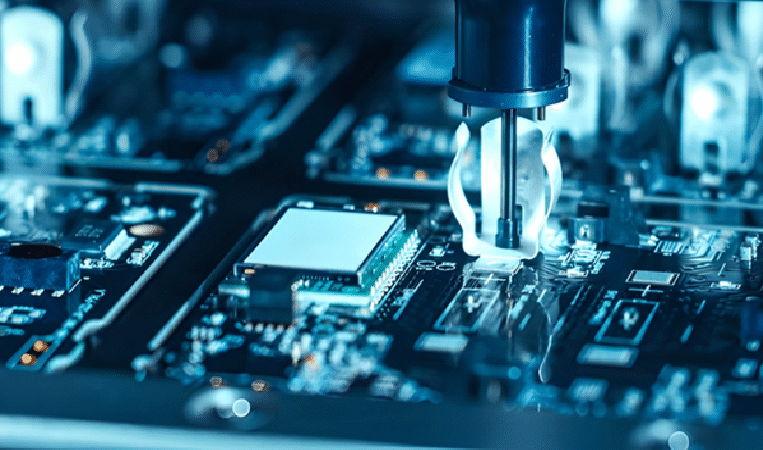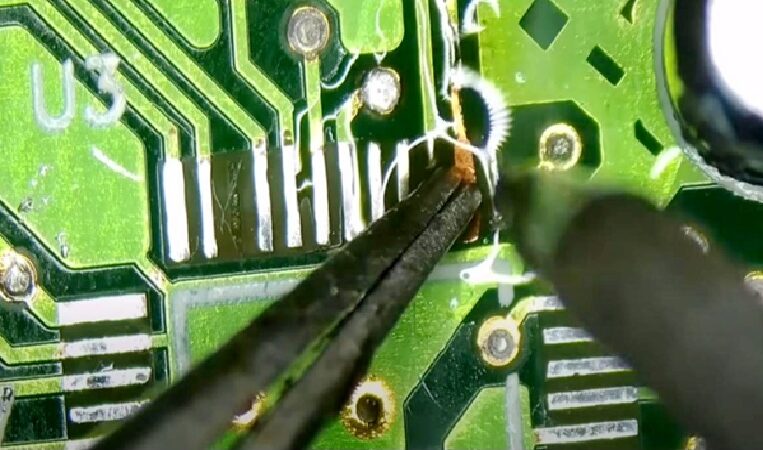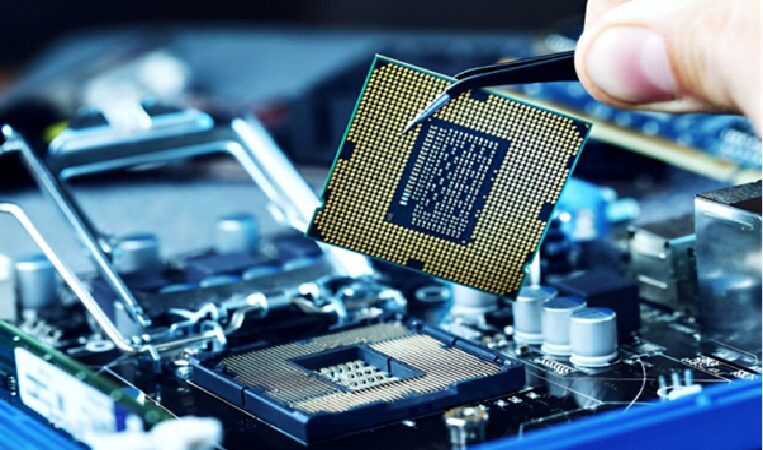What HVAC Technicians Do?

HVAC stands for heating, ventilation, and air conditioning, and technicians or HVAC techs are the terms used to refer to those who operate in this field. These experts are sometimes known as HVACR or HVAC/R technicians since they also handle the installation and maintenance of refrigeration devices.
Even though we might not always think of indoor spaces in this way, it’s interesting to remember that every enclosed space, including buildings like homes, offices, and retail stores as well as industrial settings and large event venues, has its own microenvironment that needs to be managed for convenience, safety, and utility.
For example, we want our homes to remain cool in the summer and warm in the winter. Large gathering areas need to have air that is both safe to breathe and well-circulated. Additionally, for items to stay fresh and for local food economies to remain robust, massive industrial coolers and freezers must continue to function.
What Performs an HVAC Technician Regularly?
The main answer to the question, “What is an HVAC technician?” can be found in his or her professional responsibilities. Depending on the industry, position, and speciality, an HVAC technician’s exact job description may vary. However, the majority of HVAC specialists will carry out the following tasks:
- Examining the joints or junctions of pipes or tubing for leakage
- Checking the continuity of electrical circuits or components
- Replacing faulty equipment or fixing it
- Replacing filters, cleaning ducts, or recharging refrigerants to increase the efficiency of HVAC systems
- Installing, connecting, or modifying timers, humidistats, or all of the above
- An HVAC system’s connection to a fuel, water, or refrigerant source
- Examining blueprints and other technical documentation
- Observing governmental regulations
- Modifying system controls to achieve system balance
- Assembling, putting in place, and attaching HVAC apparatus
The Best Way to Clean Ducts
Your cleaning contractor should thoroughly evaluate your ductwork system before doing any duct cleaning. The cleaning technician can assess the extent of the contamination and how filthy the ducts are through this inspection. It will also make it possible to assess the state of the ducts and show whether any parts are missing or loose. Seals at ducting sections should also be checked during the inspection to make sure they are in good condition. It is best to fix any ductwork issues before starting the cleaning process.
One of two methods, or a combination of the two, may be used for the actual cleaning:
⇒ Pressure Cleaning
To dislodge and remove material, pressure cleaning pumps pressurised air into the ducts. This will blow debris out of a designated vent and through the ductwork. To help with this operation, all additional supply vents and return registers ought to be shut.
⇒ Vacuum Cleaning
Using the force of the suction, material and trash are removed from the ducts by connecting a vacuum line to a vent. Compressed air blasts are frequently used to remove stubborn accumulations. Vents and registers should be sealed when performing this technique.
Request a referral for a duct cleaner from your neighbourhood HVAC expert. As part of routine system maintenance, your HVAC expert might provide the service. Additionally, search for best duct cleaners who have certifications from associations.
Tips for Maintaining a Clean HVAC System
⇒ Change Your Filters
Ensure the cleanliness of your air filters! A clogged filter won’t function properly. The filter should be changed at least every three months, according to the US Environmental Protection Agency. If you have dogs or an allergic family member, you may want to replace it more frequently.
Not every filter has the same construction. Verify the MERV rating of your present filter to be sure it is capturing the airborne particles you wish to filter out. The measurements of the filter will be printed on it, assisting you in choosing the appropriate size when you purchase a new filter.
⇒ Clean the Registers and Vents
Air vents and floor registers, which are often referred to as floor vents, can accumulate a lot of dirt and debris. These essential components guarantee that the HVAC system receives the airflow it requires and that the cool air is circulated throughout your home effectively. A buildup of junk can harm your system and clog it. Each vent and register in your home should be cleaned and vacuumed. Use the vacuum hose to break up the dirt for a deeper clean, and then use a butter knife coated in a duster rag to reach all the nooks and crannies.
Conclusion
You and your HVAC system will be prepared for anything Mother Nature throws your way thanks to these easy guidelines!
Maintaining your equipment properly will help you avoid any issues with your system when you need it, save you money, and minimise allergies with the right filters.






